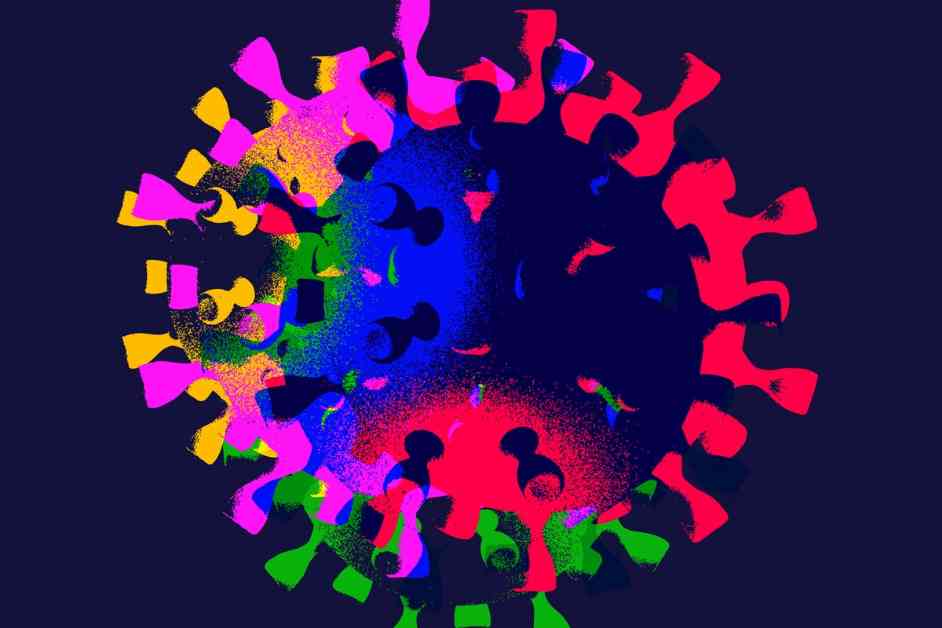Researchers are still working to understand the complicated and debilitating condition known as long COVID. Since 2020, long COVID has become a widespread disability affecting millions of people globally and costing economies billions of dollars in reduced productivity and workforce drop.
The scientific effort on long COVID has resulted in over 24,000 scientific publications, making it the most researched health condition in any four years of recorded human history. Long COVID is a term used to describe the long-term health effects caused by the SARS-CoV-2 virus, ranging from persistent respiratory symptoms to debilitating fatigue and brain fog.
Recent studies have shed light on how COVID-19 can continue to affect various organs in the body even years after the initial infection. One study published in the New England Journal of Medicine in July 2024 showed that the risk of developing long COVID has decreased over the course of the pandemic. The availability of vaccines and changes in the virus’s characteristics have contributed to this decline in risk.
Despite the decrease in the risk of long COVID, even a 3.5% risk is significant, with millions of new cases potentially emerging from new and repeat COVID-19 infections. Estimates suggest that at least 65 million people globally have experienced long COVID in the first year of the pandemic.
A major report by the National Academies of Sciences Engineering and Medicine details the health effects that constitute long COVID, including heart disease, neurologic problems, gastrointestinal disorders, and immune dysfunction. Long COVID can impact individuals across all age groups, races, and ethnicities, with more than 90% of people experiencing mild COVID-19 infections.
Furthermore, health problems resulting from COVID-19 can persist for years after the initial infection. Studies have shown that even individuals with mild SARS-CoV-2 infections can experience new health issues related to COVID-19 years later. Research is ongoing to understand the pathways through which long COVID affects the body, with promising developments in potential treatments.
Despite the evidence of the risks associated with COVID-19, there is still misinformation suggesting that it is no longer a threat. However, data shows that COVID-19 infections continue to surpass flu cases in numbers and lead to more hospitalizations and deaths. Trivializing COVID-19 as a common cold or flu does not align with the reality of the situation.
In conclusion, long COVID remains a complex and debilitating condition that requires ongoing research and understanding. The insights gained from recent studies provide valuable information on the impact of COVID-19 on long-term health and the importance of continued vigilance in combating the virus.






